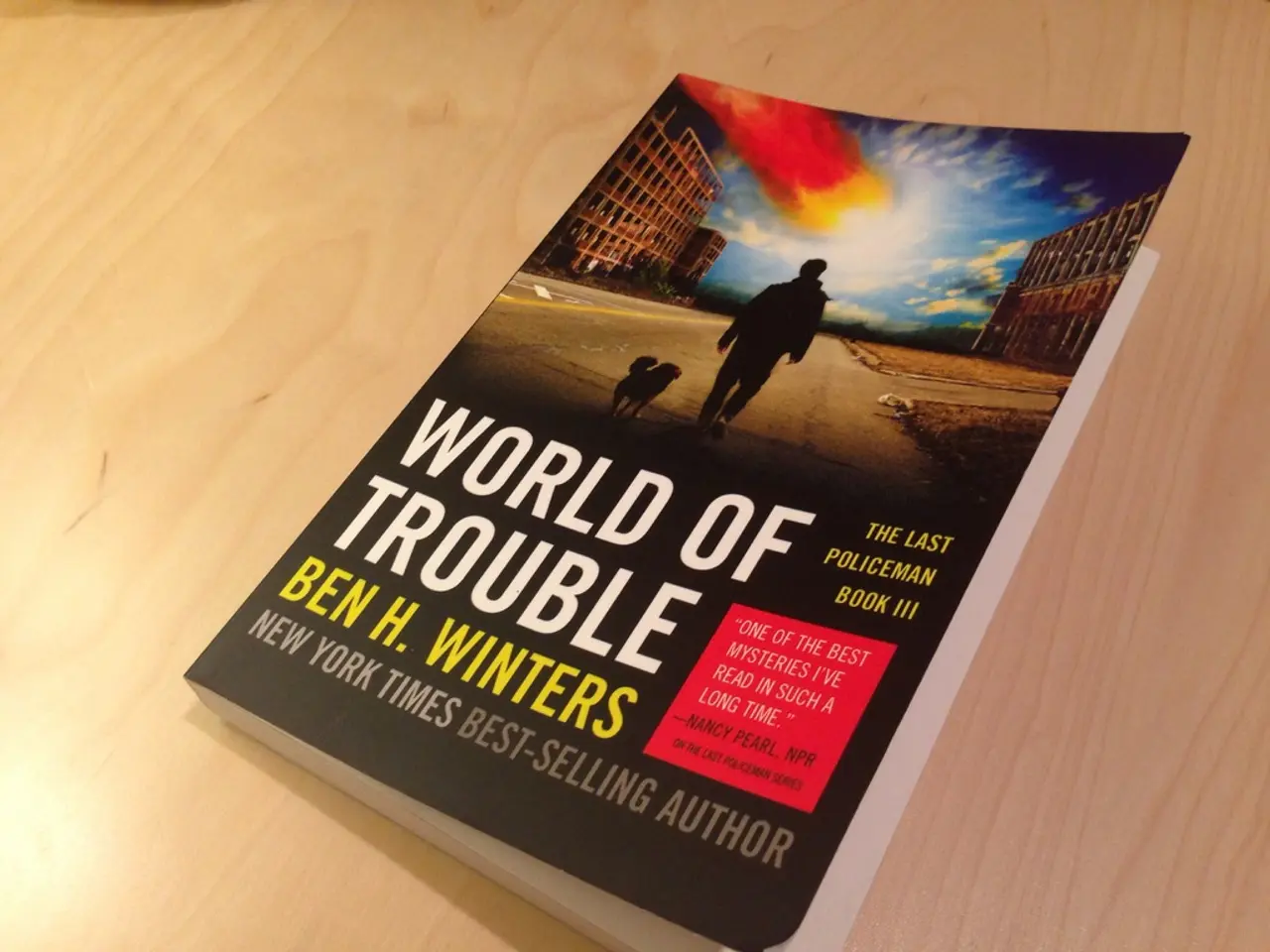"Ruling in the EU curbs designation of countries deemed safe for asylum seekers"
EU Raises Bar for Designating Safe Countries of Origin Following CJEU Ruling
The Court of Justice of the European Union (CJEU) has set stricter conditions for classifying safe countries of origin for accelerated asylum procedures, following a ruling in April 2025. The decision comes in response to Italy's "Albania model," which fast-tracked asylum applications from adult males from so-called safe countries, holding them in camps in Albania while their claims were decided.
The CJEU ruling states that EU member states can only designate countries as "safe" if the assessment is supported by transparent, verifiable sources and applies to the entire population. It also requires consideration of vulnerable groups, such as LGBTQ+ individuals, to ensure their safety as well for the classification to stand.
This ruling places higher evidentiary standards and explicitly precludes classifying countries as safe if any group faces systemic risks. As a result, Italy's "Albania model" faces challenges, as applicants cannot be denied asylum quickly unless the safe country designation fully respects the CJEU's evidentiary and human rights conditions.
In addition, until new EU asylum regulations reflecting the Court's decision take effect, member states cannot label countries as safe if any groups remain at risk there.
Following the CJEU ruling, the European Commission proposed an EU-wide list of seven safe countries of origin (Bangladesh, Colombia, Egypt, India, Kosovo, Morocco, Tunisia) to be used uniformly by member states for expedited asylum procedures, contingent on approval by the European Parliament and Council.
Some EU countries, like Germany, are reforming their national laws to streamline safe country classifications. These national efforts must still conform to the evolving EU legal framework shaped by the CJEU ruling and the pending EU-wide safe country list.
The ruling by the CJEU was a victory for the primacy of EU law over the claims of individual member states, as stated by the lawyer for the plaintiffs from Bangladesh. The decision marks a significant shift in the EU's approach to asylum seekers and underscores the importance of upholding human rights and ensuring transparency in the assessment of safe countries of origin.
References:
- European Commission press release, "Proposal for an EU-wide list of safe countries of origin," 14 April 2025, https://ec.europa.eu/commission/presscorner/detail/en/IP_25_1652
- European Council on Refugees and Exiles, "CJEU ruling on Italy's 'Albania model' raises barriers for designating safe countries of origin for accelerated asylum procedures," 16 April 2025, https://www.ecre.org/cjeu-ruling-on-italys-albania-model-raises-barriers-for-designating-safe-countries-of-origin-for-accelerated-asylum-procedures/
- German Federal Ministry of the Interior, "Reform of the Safe Country of Origin List," 15 April 2025, https://www.bmi.bund.de/EN/Themen/Fluechtlinge/Sicherheitsland-Liste/reform-der-sicherheitsland-liste-node.html
- Reuters, "EU court raises barriers for designating safe countries for asylum," 16 April 2025, https://www.reuters.com/world/europe/eu-court-raises-barriers-designating-safe-countries-asylum-2025-04-16/
- Human Rights Watch, "EU Court Ruling on Italy's 'Albania Model' a Victory for Human Rights," 16 April 2025, https://www.hrw.org/news/2025/04/16/eu-court-ruling-italys-albania-model-victory-human-rights
Policy-and-legislation surrounding asylum and refugee matters in the European Union are undergoing significant changes following the CJEU ruling, which raises the bar for designating safe countries of origin. This shift is rooted in the EU's commitment to ensuring transparency, upholding human rights, and promoting general-news fairness in the assessment of safe countries of origin.








